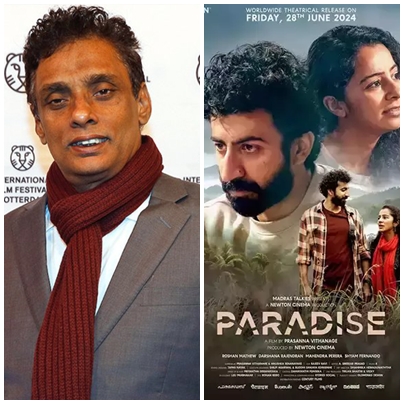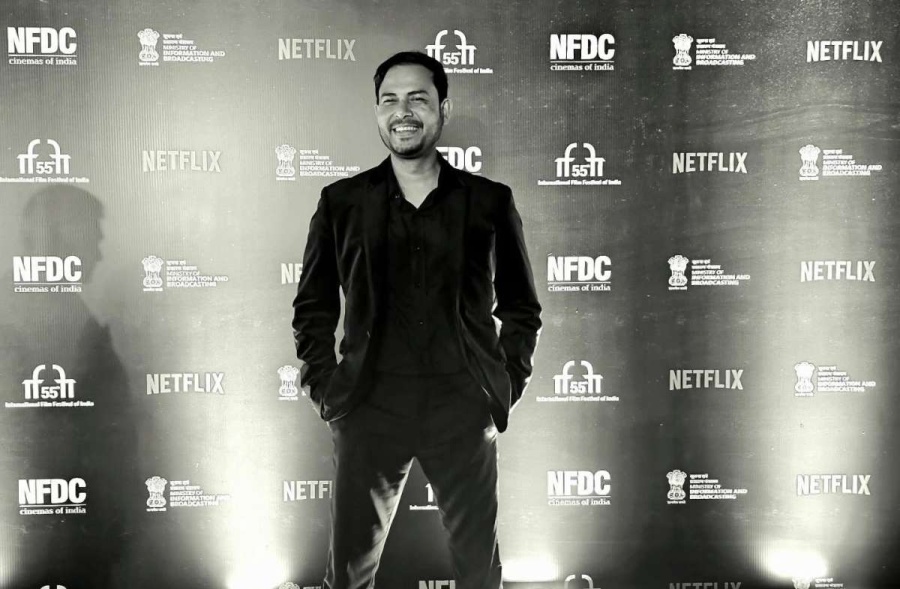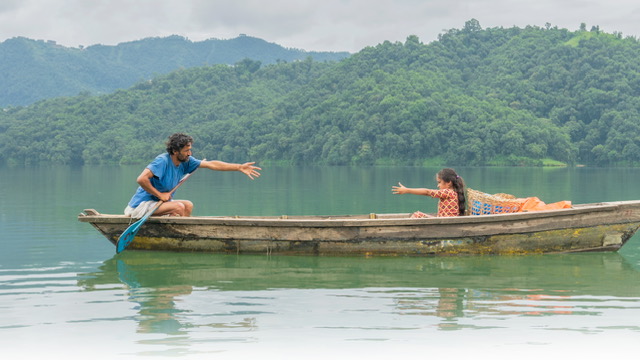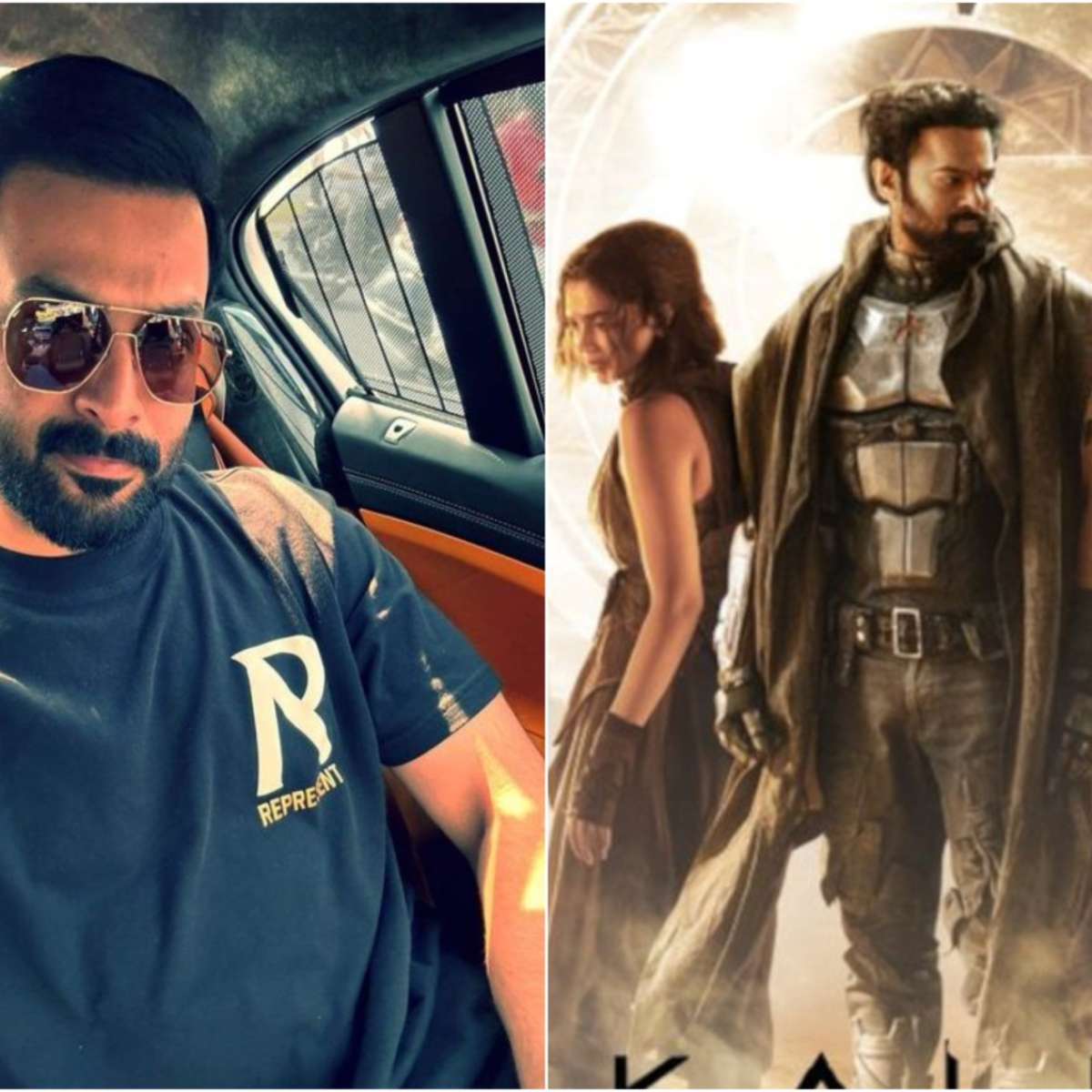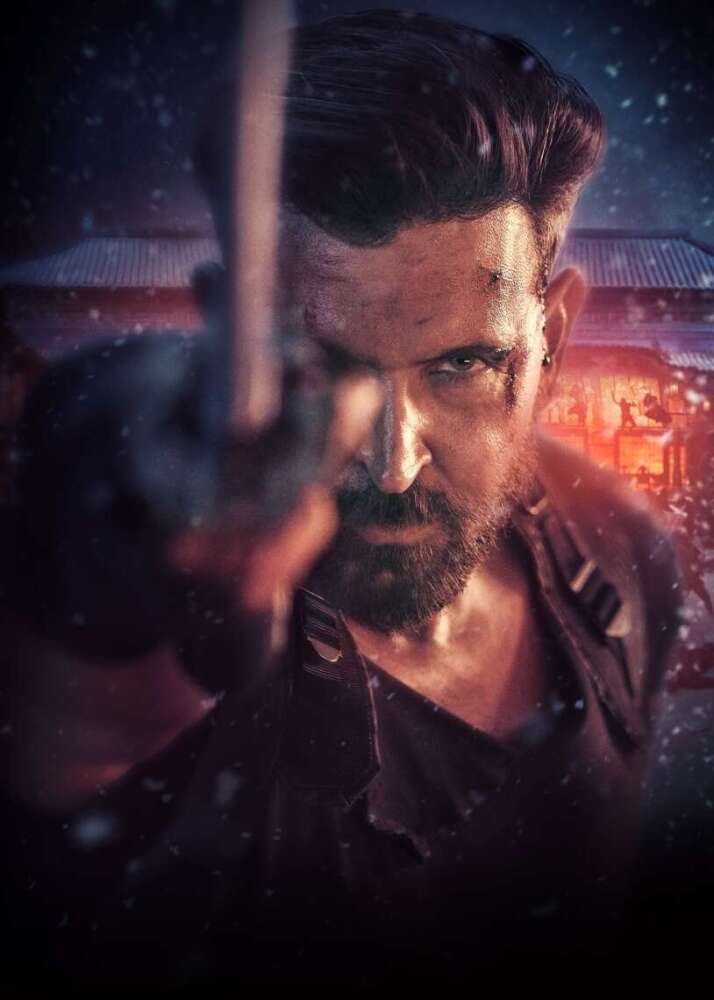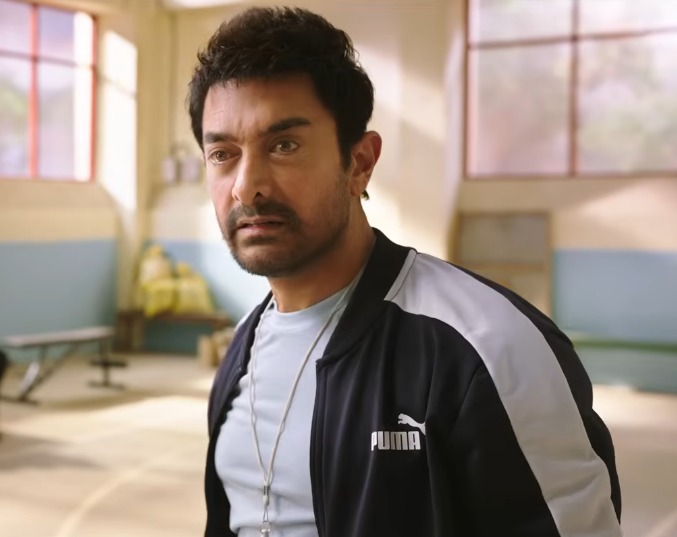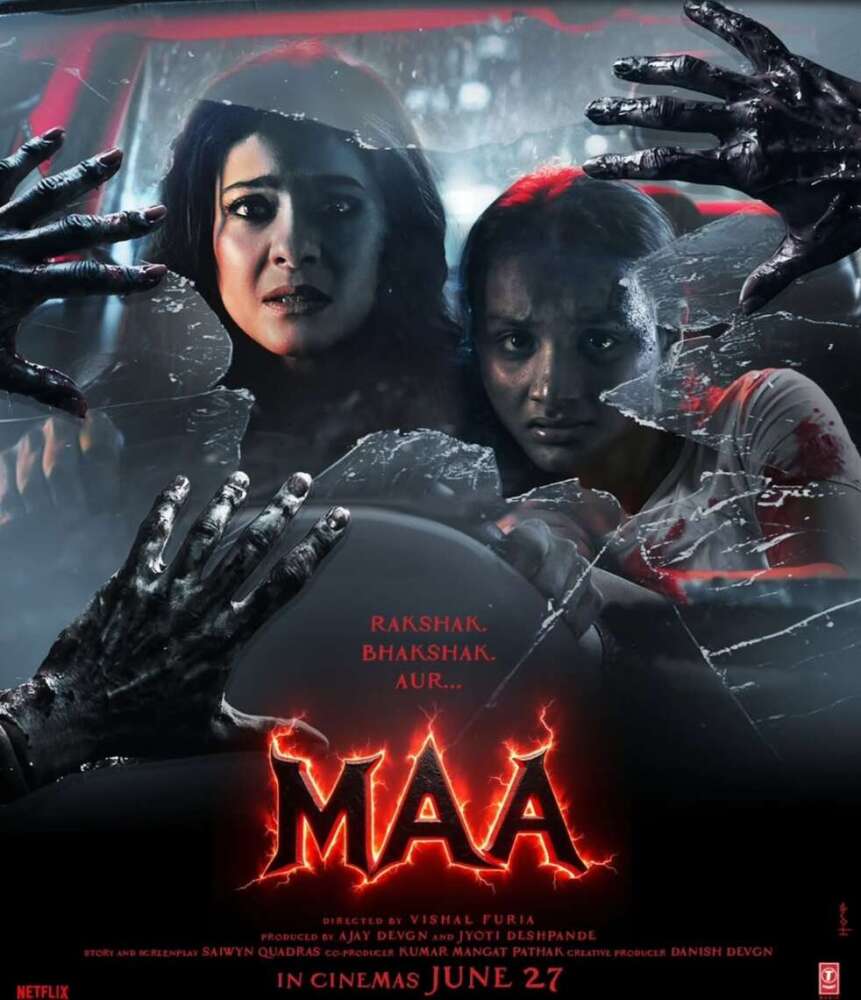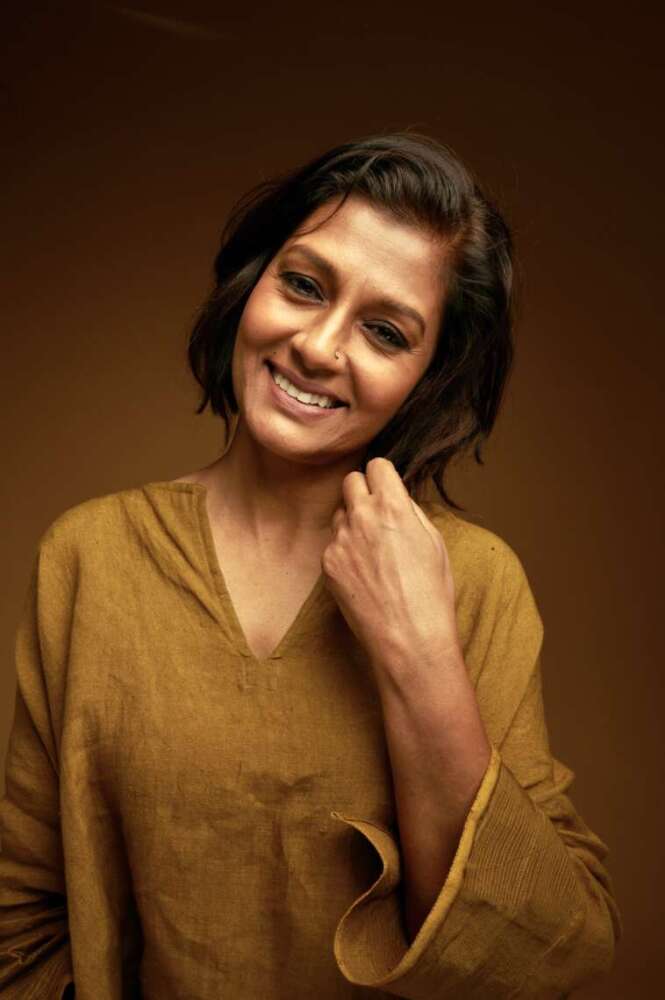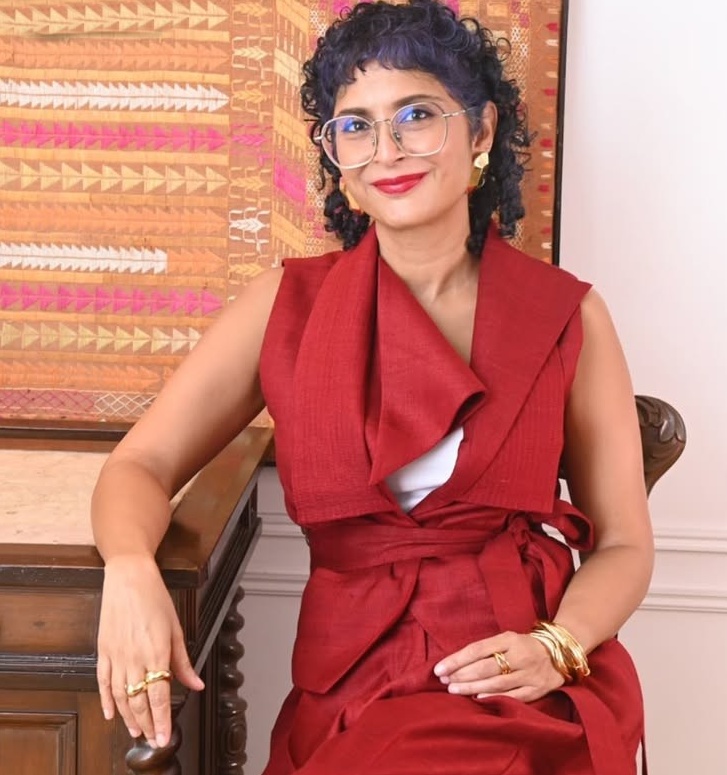When they approach the local cop, Sergeant Bandara, and put pressure on him to act fast, he produces three unemployed men as suspects, and Keshav identifies them as culprits, even though their faces were covered during the robbery…reports Sukant Deepak
As Sri Lankan filmmaker Prasanna Vithanage’s award-winning film ‘Paradise’, featuring Malayalam star Roshan Mathew and Darshana Rajendran in the lead roles, is set to be released in India on June 28, he is excited that finally, the general public will get to see it.
The movie set in the backdrop of Sri Lanka’s 2022 economic, and which won the Kim Jiseok Award for Best Film at the Busan Film Festival, is being presented by Mani Ratnam’s production and distribution house, Madras Talkies.
‘Paradise’ revolves around a visiting Indian couple — Amritha (Darshana Rajendran), a video blogger, and her film-producer husband Keshav (Roshan Mathew) — who arrive in the economic crisis-wracked but picturesque Sri Lanka to celebrate their fifth wedding anniversary and experience a ‘Ramayana tour’.
A robbery in their bungalow jettison their plan, for they lose their mobile phones and laptops.
When they approach the local cop, Sergeant Bandara, and put pressure on him to act fast, he produces three unemployed men as suspects, and Keshav identifies them as culprits, even though their faces were covered during the robbery.
One of the suspects lands in hospital after police torture and ultimately dies. The couple are forced to confine themselves to the bungalow and that is when they realise how far they had moved away from each other. While Amrita cherishes the beautiful surroundings, Keshav, with a permanent frown, gets increasingly frustrated and cannot digest how she is so ‘unaffected’.
The climax sees people from the village of the dead suspect attack the bungalow. Keshav and Amrita are forced to defend themselves. What transpires in the end — the force of ‘Sita’ — is bound to shock the viewer. The director maintains that “personal is political and vice versa”, hence the backdrop of the economic crisis.
A certain stillness envelops the film, its story, and treatment, making it truly very ‘international’. “Yes, the movie has been loved by the critics, but now comes the real challenge — will we be able to communicate what we want to the general public? And do not forget, we will be up against some big-ticket films,” Vithanage, for whom Chennai is a second home, told.
Considering it is the first time that a Sri Lankan director’s film is getting a worldwide release, it is also an Indian film produced by Newton Cinema and the languages spoken in it include English, Malayalam, Tamil, Sinhala, and Hindi.
“Though the territory is Sri Lanka, it is an Indian movie,” the director reaffirmed.
Admitting he has been nurtured and groomed by Indian cinema, with the post-production of his films always going to Indian labs, not to mention working with Indian technicians for the past 27 years, Vithanage, who is considered one of the pioneers of the third generation
of Sri Lankan cinema, has directed eight feature films and won 30 major national and international awards, besides enjoying commercial success.
“I think this is a natural step, working with Indian actors in Indian languages,” Vithanage said. “This story could not have happened to a European couple.”
Stressing that even while the two countries are distinct in many ways, they are deeply connected by history and culture.
The reasons for the scenario in which the Indian couple are pushed were manifold.
“As a filmmaker, I also want to bring forth my politics,” Vithanage said. “One must remember that politics does not confine itself only to elections. It comes into play in a marriage and in other interpersonal relationships. The larger politics of the economic crisis could creep into institutions such as marriage. These two are interconnected, not separate.”
While on the subject of politics, Vithanage said reconciliation between the Sinhalese and the Tamils in his country “remains a distant mirage”. And he should know, having made three films on one of the bloodiest civil wars in the world (between the Sri Lankan Army and the LTTE) — ‘August Sun’, ‘Death on a Full Moon Day’, which was the subject of a full-on censorship war, and ‘With You, Without You’.
“Yes, we have shown the need for reconciliation in the three films, but there’s an absence of it on the ground,” Vithanage said. “Let us not forget that reconciliation is a political situation and to achieve it, political steps are paramount. There need to be solid political solutions. Artistes do not have the power for political solutions. They can only amplify the need for them.”
Immersed in theatre since childhood, this Sri Lankan director admits that the art form has been instrumental in shaping him as a filmmaker. He says that besides other things, it has taught him how to work with actors and bring out something that is not from his own experience or of the actors’.
“In a way, we try to bring forth a certain truth, an exercise that can be enigmatic. My understanding of how difficult the craft of acting is comes from theatre,” the director explained, adding that he expects nothing but spontaneity from his movie actors.
Presently working on a script (in Hindi) based on Fyodor Dostoevsky’s ‘The Gambler’, to be shot in Sri Lanka, Vithanage looks up to several Indian directors from diverse generations. “Adoor Gopalakrishnan, Ritwik Ghatak, Shyam Benegal, Anurag Kashyap and Gurvinder Singh are some of them,” he concluded.
ALSO READ-World Music Day: Jasleen Royal’s Picks & Burrah’s Spiritual Anthem


